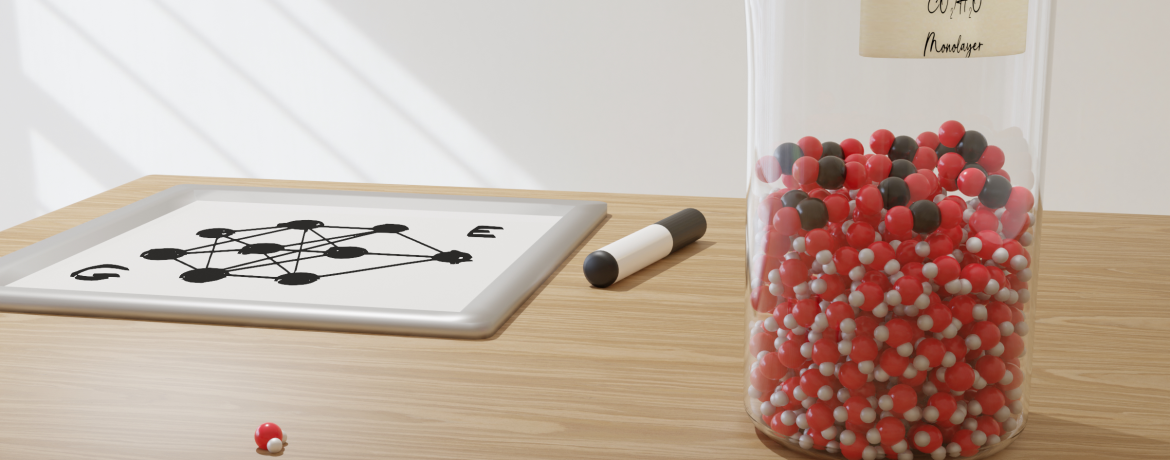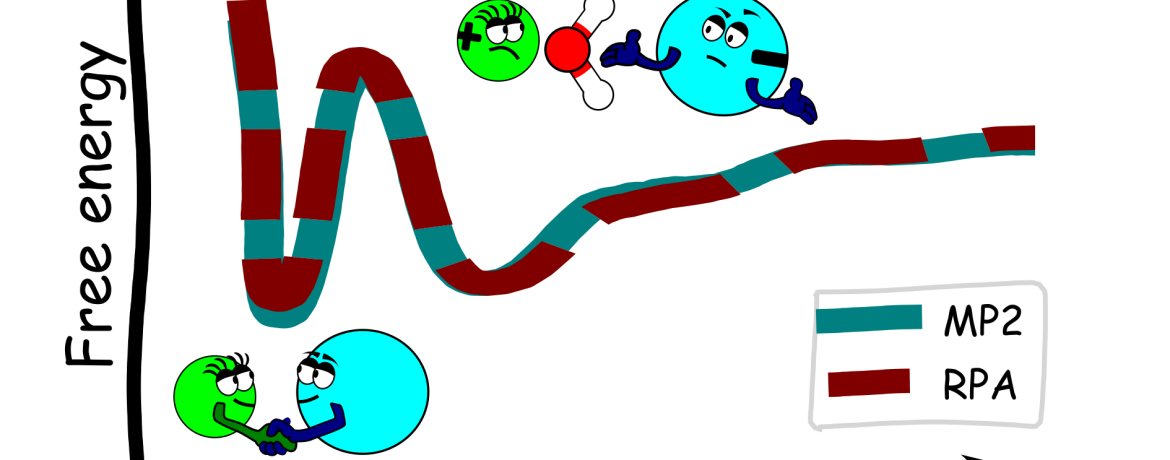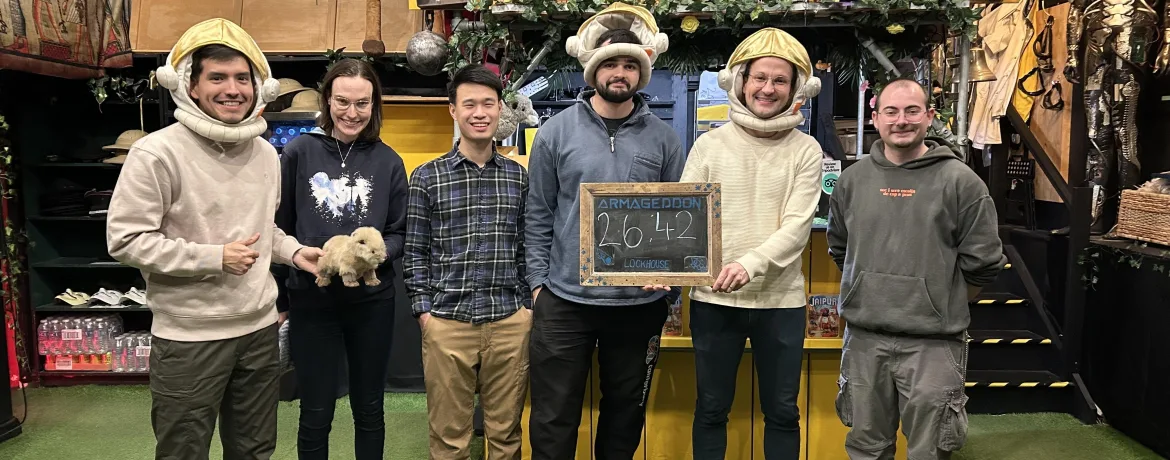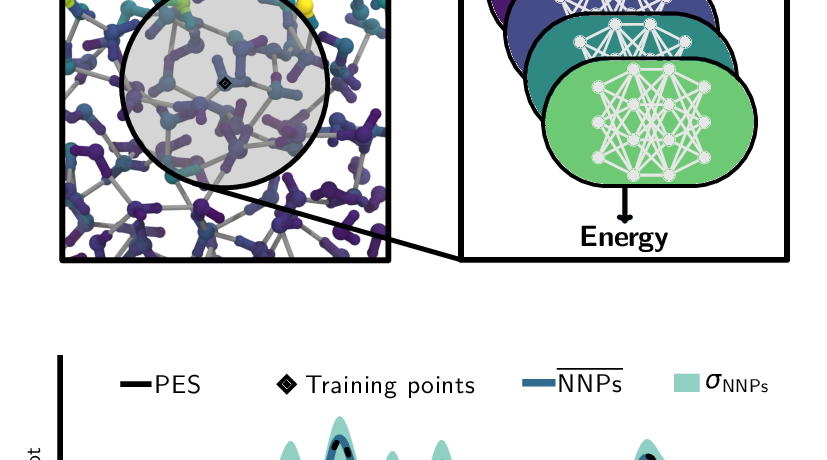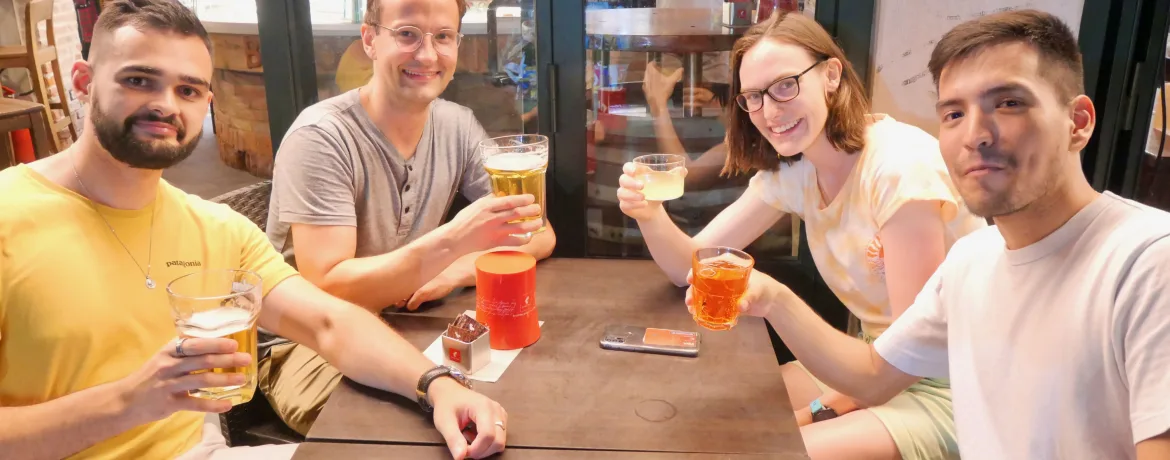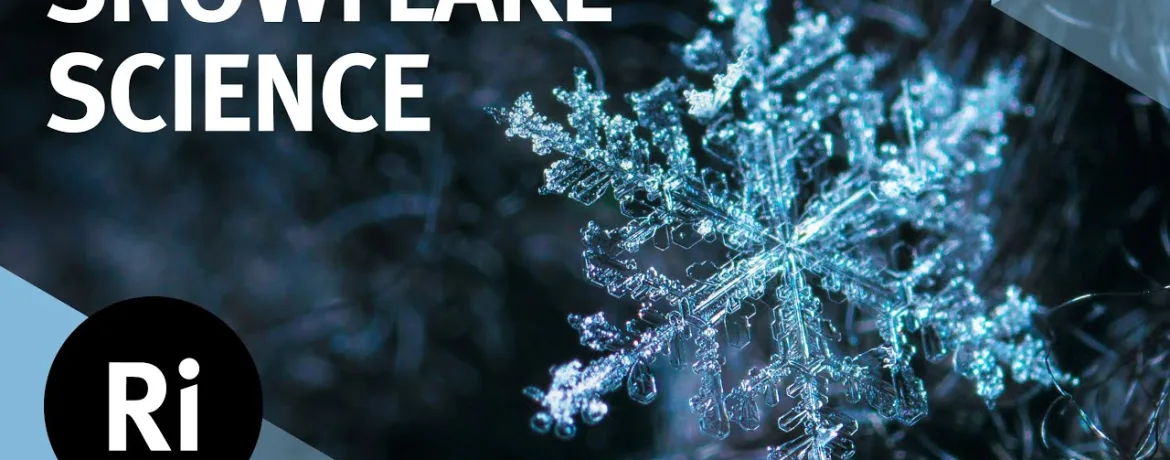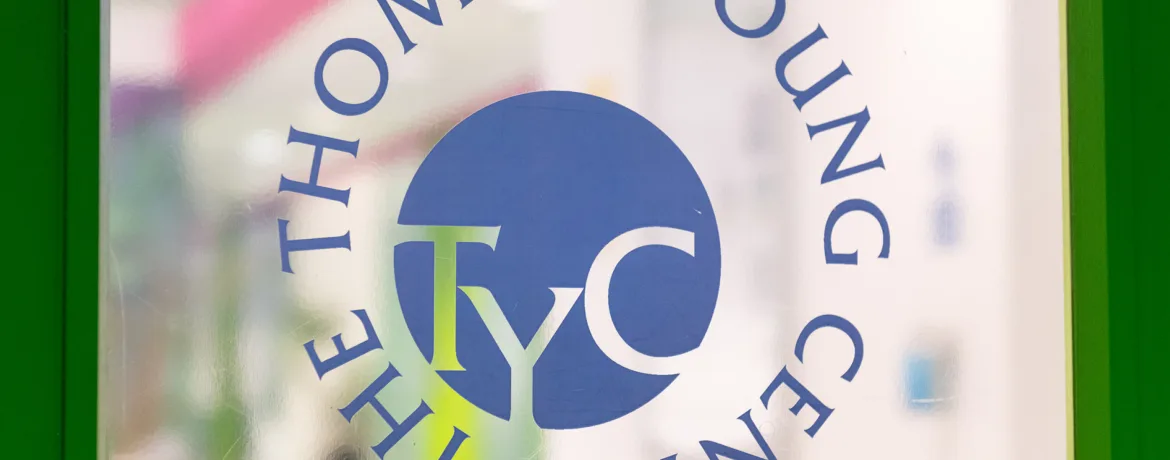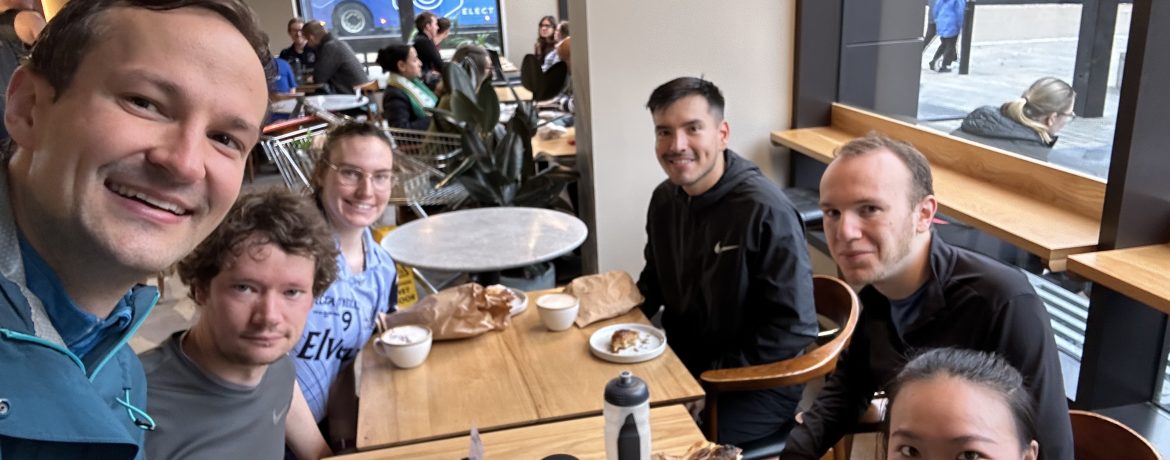
Growing FAST and parkruns
The group is growing FAST: We have five new members this term. Very warm welcome to Ioachim Dusa, Isaac Parker, and Darren Lim who are starting their PhD’s. We are also honoured to have Yixuan Feng & Hubert Beck visiting our group for some time. Continuing our FAST tradition, we’ve convinced some of the new […]

